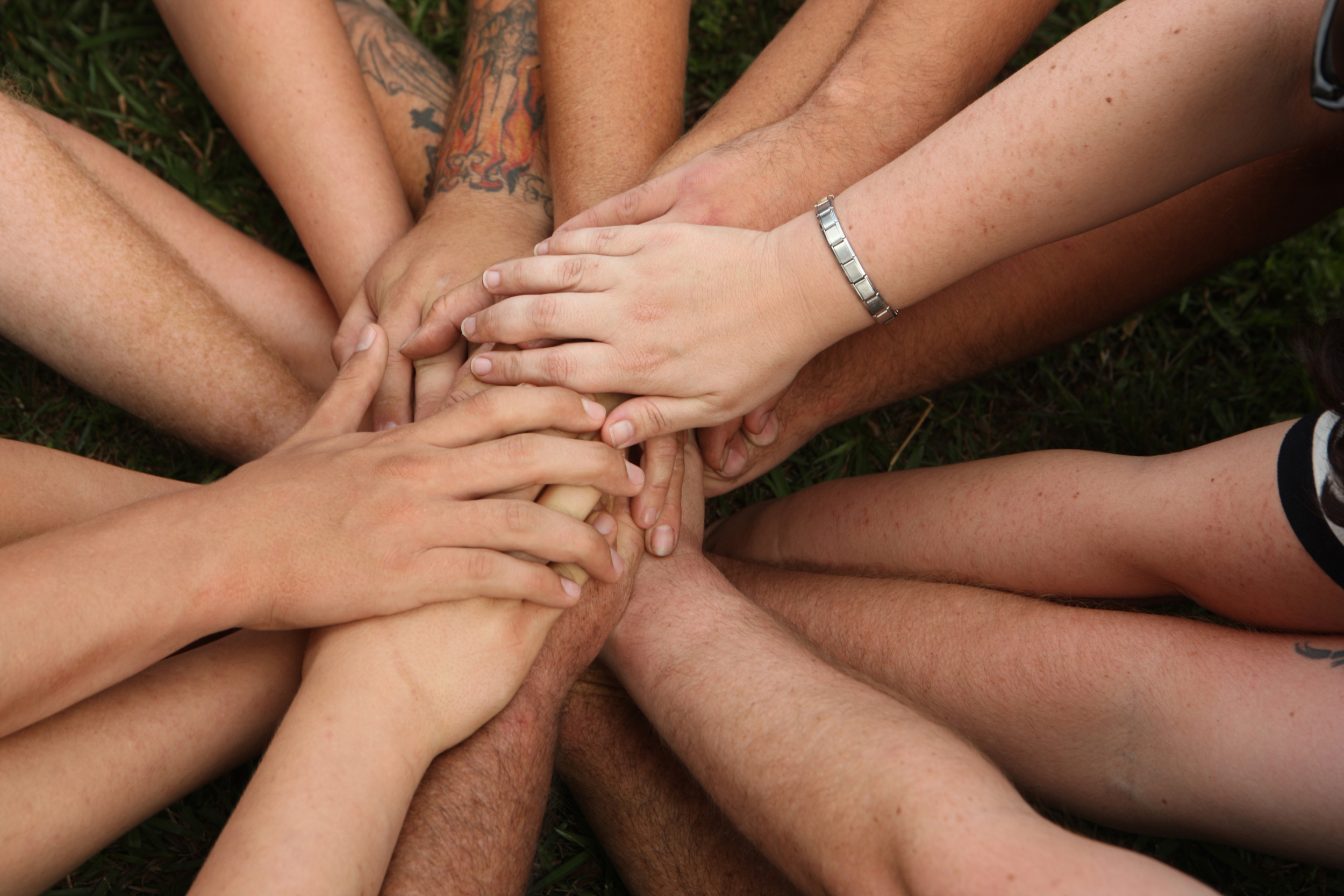Youth Justice
Youth Justice should provide genuine opportunities to change young lives for the better.

Heated youth justice rhetoric in the lead up to the election has led to reactive policy promises that do not address the drivers of child and youth offending and are adverse to children and young people’s rights and wellbeing. Strengthening families, communities, and engagement in education are critical to preventing children and youth from offending. For young people that do become involved in offending, access to education and provision of occupational and therapeutic support to address mental health issues and past traumas must all be part of young offender rehabilitation. Reducing offending from occurring in the first place, along with prevention of reoffending rather than harsh and reactive punishments, are critical to ensuring we all have safe communities to live in.
The minimum age of criminal responsibility in New Zealand is just 10 years of age. This is well below international standards of 14 years of age and is offence-based, rather than age-based. This means that very young children proceed through the courts based on the severity of their offence, rather than criminal culpability associated with their age and level of intellectual development. We call for the minimum age to be raised to 14 years regardless of offence.
The United Nations Committee against Torture has published its findings on New Zealand (2023) and has highlighted its concerns about the disproportionate representation of Māori in the justice system. They emphasise that transformational change is needed. Along with the Chief Children’s Commissioner, the Committee against Torture recommended greater recognition of government responsibilities under Te Tiriti o Waitangi to reduce these disparities, including increased consideration of tikanga Māori and partnering with hapū and iwi in the rehabilitation of young offenders.
Solutions to youth justice lie within the family structure and broader community. We support a reset of the youth justice system that would move away from the current model of secure youth justice residences, to therapeutic, iwi, hapū and community-based care and non-custodial solutions for young offenders.
Neuro-disability and neurodiversity are known to be key drivers of youth offending. Young people that have a neuro-disability or neurodiversity struggle to understand and cope with the court system. This is exacerbated further when a young person is transferred from the Youth Court to the District Court. Young people have the right to be seen, heard and understood, and to be enabled to meaningfully participate in court proceedings about them.
The justice pipeline starts in infancy as stated by the Ināia Tonu Nei: Hui Māori report (2019). Children and young people come before the court with complex issues underlying their offending. These can include exposure to trauma, neuro-disabilities or other adverse childhood experiences. Early interventions, such as the prevention of child abuse and maltreatment, strengthening families, tackling childhood adversity and providing multi-level and effective therapeutic supports are evidence-based youth justice solutions.
This election, we encourage all New Zealanders to engage candidates with the following questions, then vote for those that answer YES!
- Will your party commit to raising the minimum age of criminal responsibility to 14 years of age in the next term of government?
- Will your party commit to greater recognition of tikanga Māori and working closely with hapū and iwi to reduce numbers of mokopuna Māori entering the youth justice system, and providing effective rehabilitation to those that do?
- Does your party support the implementation of community-based residences and the use of non-custodial solutions that include therapeutic and culturally appropriate rehabilitation of child and youth offenders?
- Will your party support policies that provide a continuum of care for neuro-disabled and neurodiverse children and young people, with guidance and care to enable them to participate fully in court proceedings and have fair access to diversionary options and/or other evidence-based youth justice options, such as rangatahi courts or restorative justice?
- Will your party commit to developing and embedding policies that take an early intervention approach to youth justice?